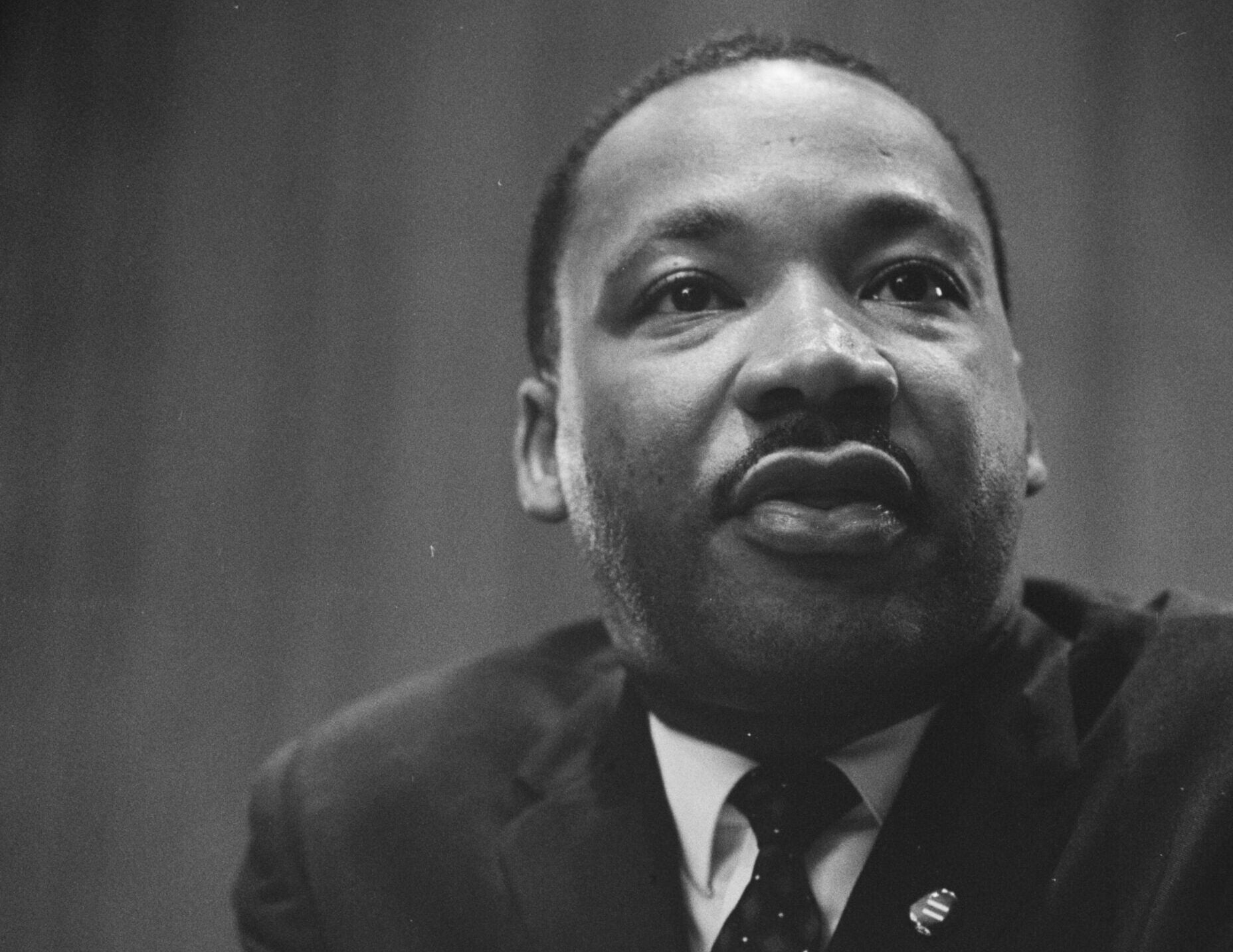Rev. Dr. Martin Luther King, Jr. is recognized as one of America’s most prominent Civil Rights Movement leaders. He was foundational in getting Title VIII of the Civil Rights Act of 1968 (commonly referred to as the Fair Housing Act) signed into law. As we celebrate Dr. King’s life and legacy, we must also recognize this critical and often overlooked area of his work.
Dr. King frequently spoke of forming a “Beloved Community” as an outcome of social justice. This ideal was a global vision in which “poverty, hunger, and homelessness will not be tolerated because international standards of human decency will not allow it. Racism and all forms of discrimination, bigotry and prejudice will be replaced by an all-inclusive spirit of sisterhood and brotherhood,” according to the King Center. He believed that through nonviolent direct action, residents could bring the Beloved Community to life.
From 1965 to 1966, Dr. King co-led the Chicago Freedom Movement. This campaign sought to challenge systemic racial discrimination in Chicago’s employment, education, and housing. At this time, Chicago was one of the most segregated cities in America. Black residents were barred from seeking and securing homes in middle-class white neighborhoods through lending discrimination and outright violence and intimidation. Available housing was often unsafe, overpriced, and unfair.
Dr. King faced the challenge of mobilizing Chicago’s diverse black community of nearly one million people. He also managed difficulties countering the resistance of white people who were fearful of the impact of open housing on their neighborhoods.
To advocate for “open housing” – the right for black Americans to buy homes anywhere they wish – the movement utilized rallies, protest marches, boycotts, and other forms of nonviolent direct action to seek change, including organizing tenants’ unions and sharing demands with city government leaders. The goal of gaining fair access to housing would also lead to better schooling and job opportunities.
A method Dr. King and civil rights advocates used to uncover discrimination in housing was testing, which involves one or more people covertly engaging in a transaction or interaction to determine whether discrimination may be occurring.
“We sent Negroes in large numbers to the real estate offices in Gage Park. Every time Negroes went in, the real estate agent said, ‘Oh, I’m sorry, we don’t have anything listed.’ And then, soon after that, we sent some of our fine white staff members into those same real estate offices, and the minute those white persons got in, they opened the book. ‘Oh yes, we have several things, now what exactly do you want?'” – Rev. Dr. Martin Luther King, Jr.
In 1966, during an open housing march at Marquette Park, an all-white Chicago neighborhood, demonstrators were met with intense racially-fueled hostility. White protestors threw bottles and bricks at them. Dr. King, who led the march, was struck by a rock.
After a year of campaigning in the face of violence from white Chicagoans, the Chicago Freedom Movement achieved some crucial victories: The Chicago Housing Authority agreed to build public housing in white middle-class areas, and the Mortgage Bankers Association promised to stop discriminatory lending policies.
Rev. Dr. Martin Luther King Jr. continued his fight for fair housing and racial and economic justice until he was murdered on April 4, 1968.
On April 11, 1968, in response to King’s efforts in Chicago and outrage about his murder, President Lyndon B. Johnson signed the Civil Rights Act of 1968, which included the Fair Housing Act.
The Fair Housing Act makes it illegal to discriminate in the buying, selling, or renting of housing because of a person’s race, color, religion, national origin, sex, family status, or disability. If you believe your rights to fair housing are being violated, contact City of Omaha Rights and Relations.
This blog was written by Noelle Blood-Anderson, One Omaha communications manager. This content was originally published in January 2022 but has been republished for 2023.

